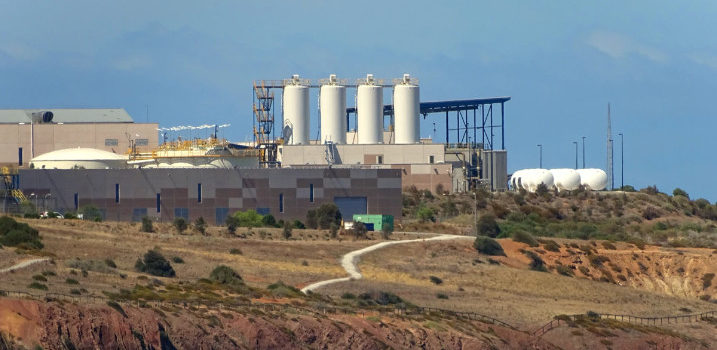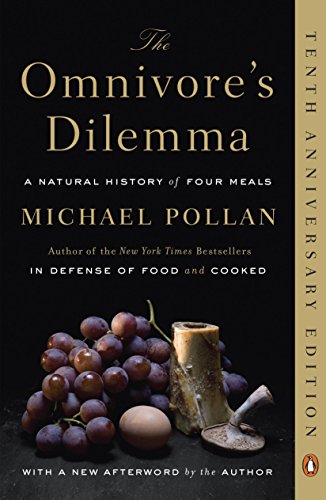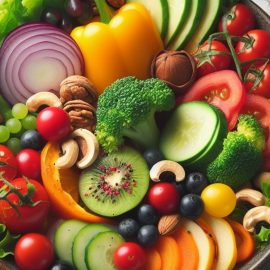

This article is an excerpt from the Shortform summary of "The Omnivore's Dilemma" by Michael Pollan. Shortform has the world's best summaries of books you should be reading.
Like this article? Sign up for a free trial here .
What impact does factory farming have on the environment? What is the environmental impact of agriculture? Learn more about the toll that massive scale farming takes on the world, environment, and humans.
Enabling Factory Farming with Fertilizer
In addition to U.S. government farm policy, the development of synthetic fertilizer played a pivotal role in enabling the production of corn on an industrial scale.
Before World War II, German chemist Fritz Haber had invented a synthetic process of nitrogen fixing (making nitrogen from the air usable by plants), which led to the development of chemical fertilizer that adds nitrogen to the soil. (In nature, legumes utilize bacteria to add nitrogen to the soil.)
After the war, this advance was put into action in a big way by the U.S. government, which helped launch the chemical fertilizer industry. Manufacturing plants that had made munitions needed something else to do, so they switched from making explosives to making chemical fertilizer. Both processes used ammonium nitrate (a source of nitrogen, which plants need) — of which the government had a huge surplus.
Synthetic fertilizer use allowed farmers to plant corn every year, without allowing the soil to rest or rebuilding it with legumes. Farms could become monocultures, paving the way for mechanization and economies of scale. Use of hybrid corn skyrocketed because it could consume more fertilizer than any other crop.
Farming could now be managed on industrial principles, turning inputs (chemical fertilizer) into outputs (corn). Corn, in turn, thrives in the industrial system, getting more than half of all the synthetic nitrogen that’s produced.
The Environmental Cost of Factory Farming
While it may make economic sense, industrial farming is costly to the environment.
It has led to reliance on fossil fuel rather than the sun for rebuilding soil. Producing synthetic fertilizer takes huge amounts of electricity plus hydrogen supplied by oil, coal, and natural gas. (This energy is not renewable.)
Considering the fossil fuels needed to make fertilizer and pesticides, and harvest, dry, and transport corn, producing a bushel of industrial corn requires a quarter to a third of a gallon of oil (around 50 gallons per acre of corn).
Also, farmers growing hybrid corn tend to use too much fertilizer. This is leading to pollution. When it gets into the water supply during spring runoff it can be harmful to children because it affects the blood’s ability to carry oxygen to the brain. The city of Des Moines issues “blue baby alerts” at times when parents should not give their children tap water due to pollution.
———End of Preview———

Like what you just read? Read the rest of the world's best summary of Michael Pollan's "The Omnivore's Dilemma" at Shortform . Learn the book's critical concepts in 20 minutes or less .
Here's what you'll find in our full Omnivore's Dilemma summary :
- What does Omnivore's Dilemma mean?
- Why is industrial farming so bad for you and the environment?
- How did corn and its byproducts (like corn syrup) end up in tens of thousands of foods?
- How is Industrial Organic food like at Whole Foods not much better than massive industrial farming?
- What happens when you try to forage for your own food?






